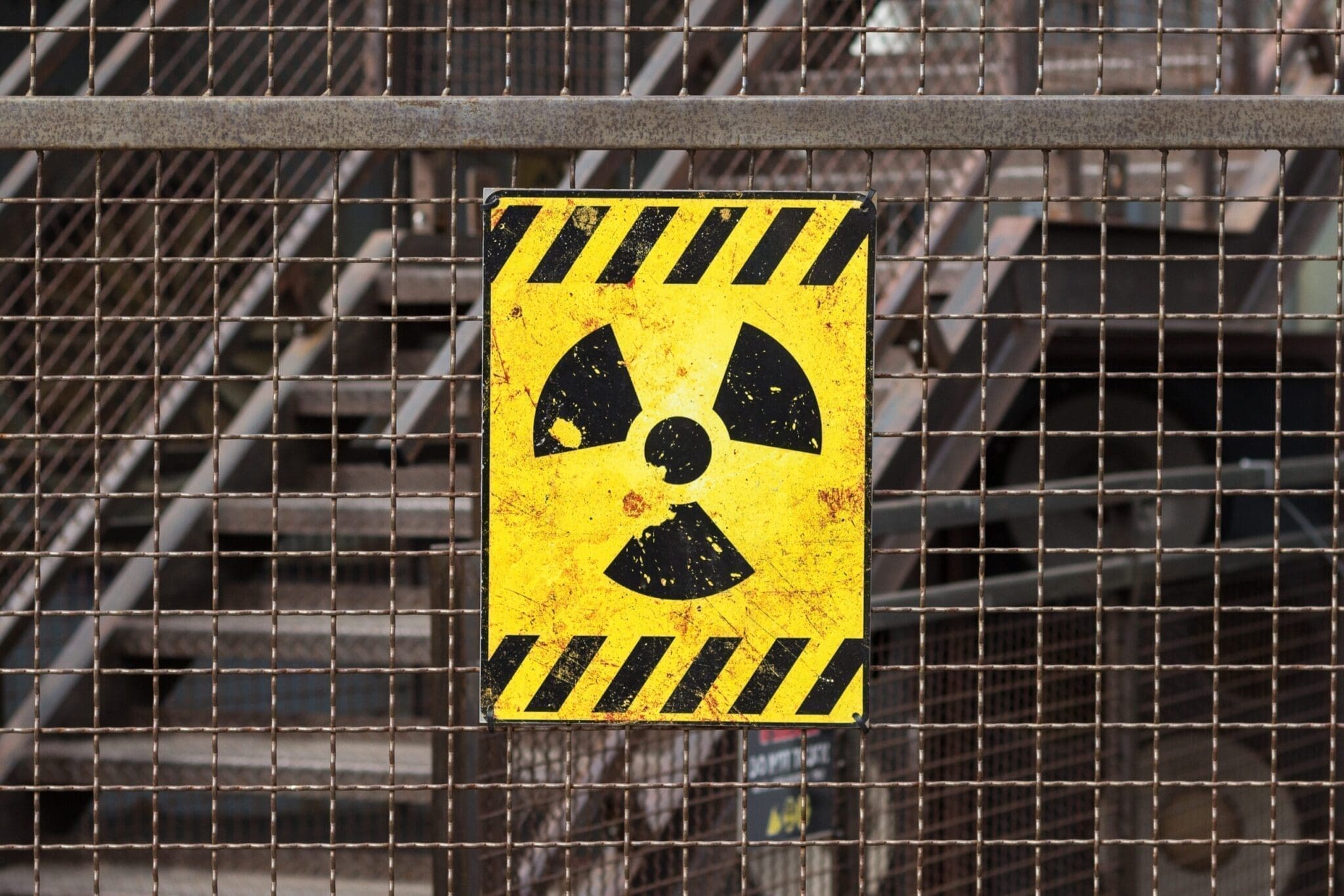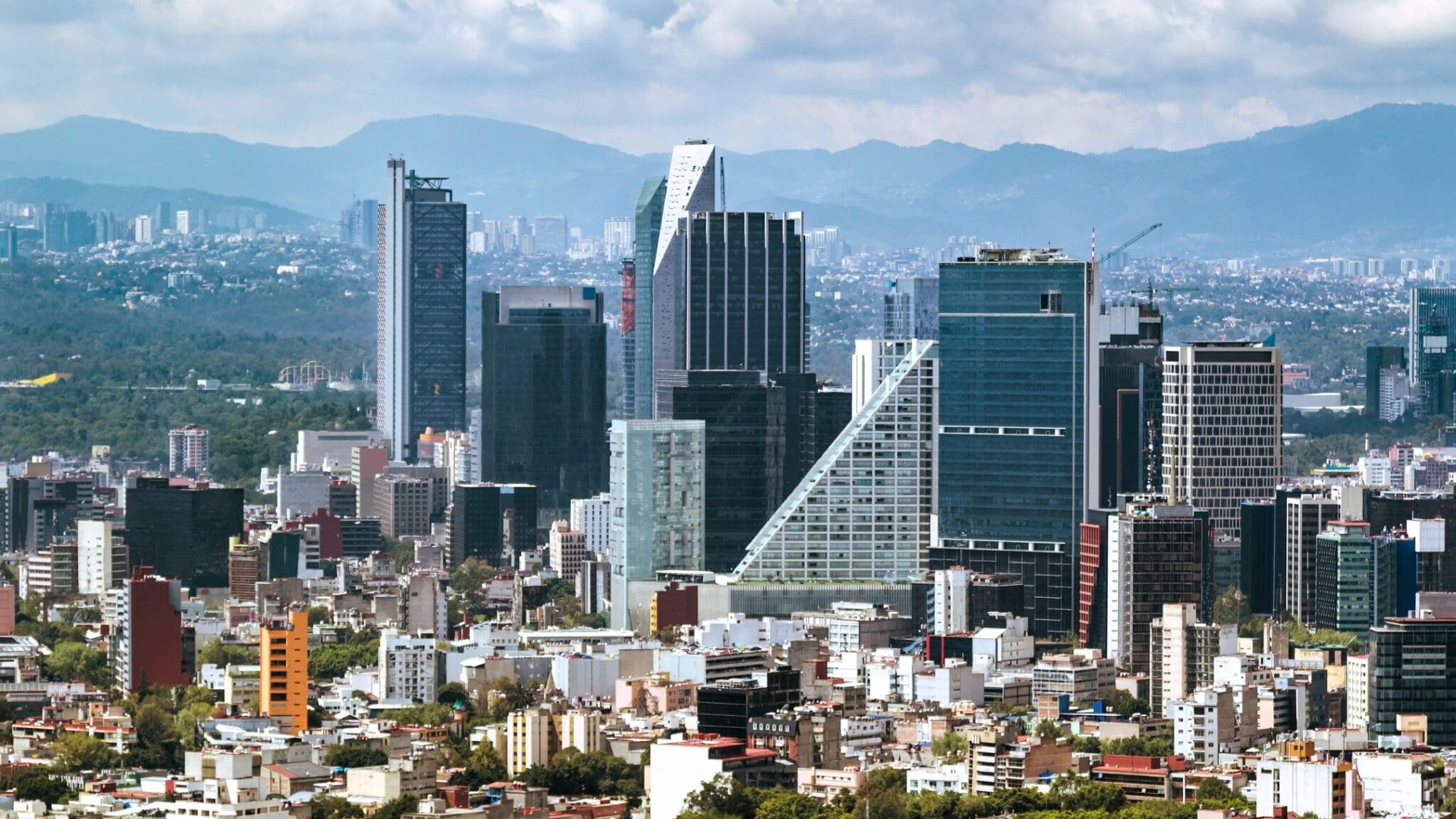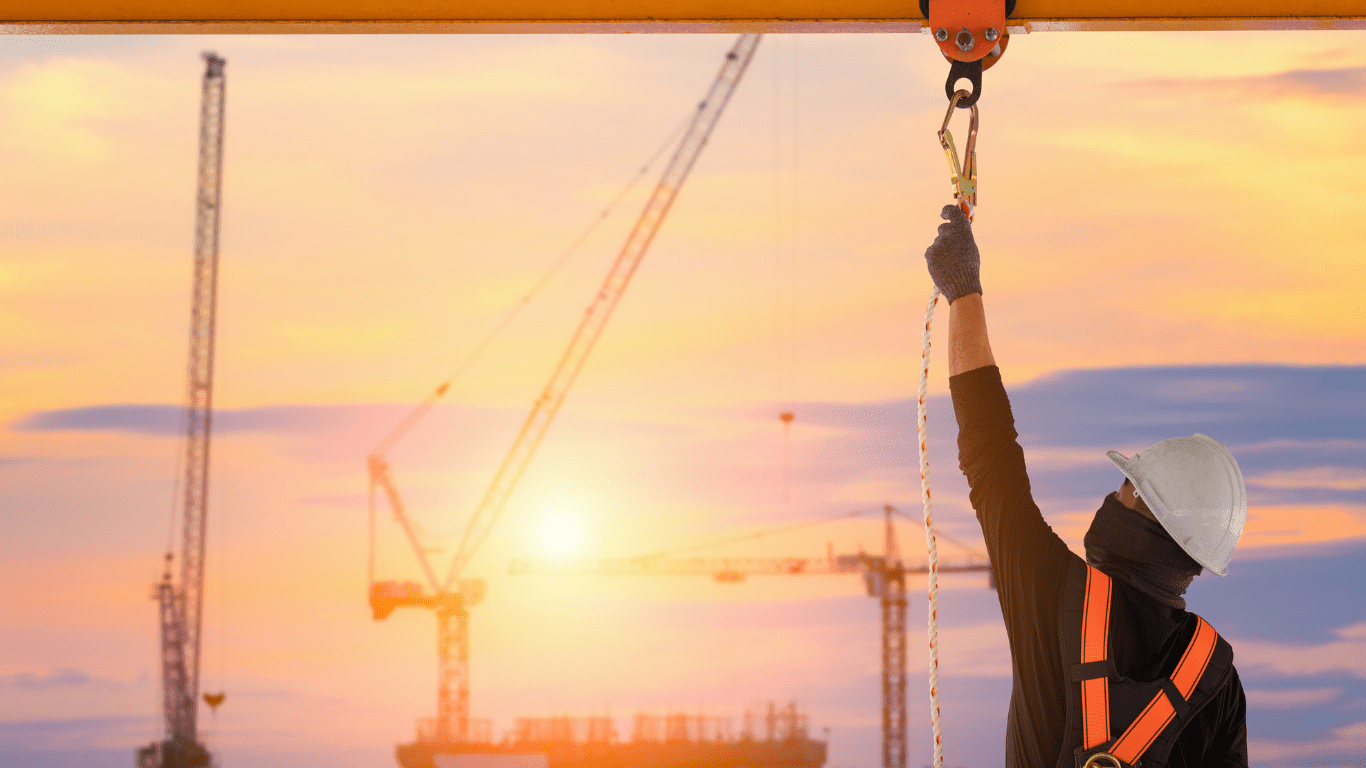Weather, politics, economics, compliance and reputation are five key areas of supply chain risk that need to be properly managed
The 2014 FM Global Resilience Index recently named the Dominican Republic, Bolivia and Venezuela as the five riskiest countries for supply chains.
All nations are exposed to natural hazards, have above average political risk and struggle economically. Consequently, their resilience is poor and businesses that have supplier networks running through these nations are vulnerable to disruption and monetary loss.
For buyers, it’s important to understand who’s in your supply chain and identify areas of risk, something we help with at Achilles through our supplier management and supply chain mapping solutions. In the current environment there are five key threats for organisations that need to be properly managed to improve the resilience of the supply chain.
1. Weather
Natural disasters pose a massive threat to supply chains and can completely devastate entire sectors when production centres experience fires, floods and earthquakes. The automotive industry certainly learnt this lesson when Japan was hit by an earthquake and tsunami. With production of car parts largely concentrated in the country, the supply of components for some brands manufactured in the US was disrupted, while companies like Toyota and Honda saw production disrupted. This changed the dynamic of the automotive industry, with consumers turning to other brands.
The challenge with natural disasters is that they’re hard to predict. While certain countries have higher risk profiles than others, recent global events have shown nowhere can be entirely immune. What’s important is that buyers limit this risk by spreading out sourcing activities. This means that if one area is hit, the supply chain can be re-routed through another centre.
2. Politics
Political instability is a major threat to resilience and where one day good working relationships exist, the next could see trading cease. The recent Ukrainian crisis and the Arab Spring showed how political systems can suddenly come under threat or unravel. When this happens, supply chains feel the effect. Not only is it harder to do business across borders, but when a country is embroiled in political tensions, strikes and walk-outs massively interrupt trade.
When selecting suppliers, buyers need to consider if and how they are at political risk. What’s more, they need to think about how political dynamics are likely to play out over the long term. Is there a chance of a major political revolution or swing from left to right, for example? What sort of trading policies are likely to be put into place over the next few political terms?
3. Economics
The financial crisis and the varying approaches to recovery around the world have demonstrated the inextricable link between economics and supply chains. Tom Teixeira, practice leader of integrated risk management at Willis Group, told Risk Management magazine: “Economic troubles in a region could spell bankruptcy for a key sole supplier or, more importantly, a unique supplier, which could be a very small company providing the necessary active ingredient, for instance, used in a number of pharmaceutical drugs.”
“If that company goes under overnight, the effects can be massive. You might be able to turn to another supplier, but only if it is FDA approved. If not, it could take 18 months to line up an alternative.”
Interest and exchange rates also affect risk levels and businesses need to think about a nation’s long-term monetary policy.
4. Compliance
Regulations surrounding supply chains are becoming more robust and complex, especially when dealing with global networks. Companies often have to navigate their way through the laws of several jurisdictions and have to ensure all suppliers in their chain are operating above board. If one is found to be flouting the law, the ramifications can be severe. Compliance isn’t just about trading either, but sustainability targets set by bodies such as the EU mean buyers need to ensure those they do business with are operating greenly.
5. Reputational
Linked with the above, if instances come to light that suppliers are flouting the rules, especially when it comes to sustainability and human rights, buyers face reputational risk. They have to set a series of strict values and ensure all organisations they are associated with abide by them. This can be difficult when a supplier is thousands of miles away, so it’s important to do due diligence before entering into a working relationship. If a company doesn’t operate in a way you’re comfortable with, it’s not worth running the risk.


